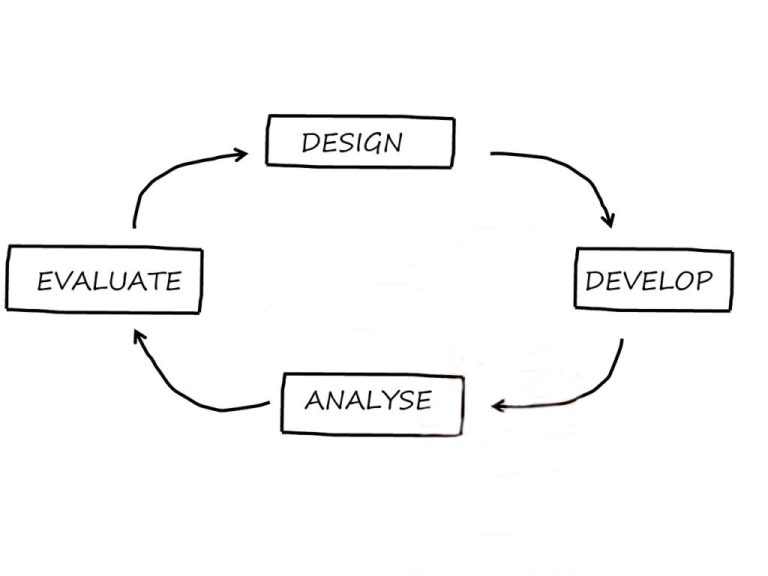The audit by the CRA is certainly THE crucial moment in the claiming process for SR & ED tax credits. We can avoid an audit, but we can certainly minimize the negative impacts. In the first of a series of six articles on the audit of a SR & ED claim, we begin with the announcement of the visit.
The questions BEFORE the audit meeting
That money is important to you, whether it is $ 50,000 or $ 500,000. Furthermore, they often audit two or even three years at a time. That’s a lot of money on the table !!!
What do you do now ? You have three choices:
- Panic,
- Stand pat,
- Get ready for that audit meeting.
These are two bad choices and good one. Are you ready to face it?
Understanding what is coming
First of all, you must ask the right questions to prepare appropriate responses. Most of these questions are answered in the letter or call announcing the audit. If the answers are not there, you have the right as a taxpayer to get satisfactory answers to these questions. Call back the signatory and ask these questions BEFORE the meeting.
What type of meeting is it?
- Is it a first-time claimant advisory service (FTCAS) meeting where the claim is pre-approved ? Then the CRA personnel assigned to your claims wants to meet with you and explain the program.
- Is it a courtesy, a review or an audit meeting ? The name can vary but the goal remains the same : take a deeper look into one or more aspects or the totality of your claim.
Who will be there?
- The Financial Reviewer (FR) only or the Research and Technology Advisor (RTA), or both?
- Are these the same advisors that your encountered at your last audit?
- How long have they been in charge of your claims?
- If the Financial Reviewer comes alone, does this mean that the technical claim is accepted ? or will the Research and Technology Advisor come at a later meeting?
- Who do they want to meet? The technical manager of the project(s), the head of the costing ? A particular employee ? Why them ?
- Do they know your R&D consultants ? Some consultants are better perceived by the CRA than others. Will their presence at the meeting be favorable or not for your claim? Yes, you can ask them.
What is the purpose of the meeting – what are the issues?
- You have the right as a taxpayer to informed in advance about the issues, the main reasons for this meeting. What will be under review ? What are the issues to be resolved ? Again, do not satisfy yourself with generalities like “a little everything “ or “the uncertainties”. What uncertainties are they talking about? Why this one does not seem eligible? What are the issues ? The costs ? Their magnitude? Why ? The level of claimed resources? The documentation ? etc …
- Knowing their preoccupations you will better prepare you will give them the right answers to their questions. The process will simply be even clearer and faster. Is the problem a specific project ? Or the link between the costs and activities claimed ? What are, according to you, the stakes with this project?
- If a subset of projects is selected, does this mean that all the others are accepted? or is it a test before auditing the others?
Do they need additional information BEFORE the match?
Normally you must be prepared to provide basic information (costs schedules per project, prototypes, team structure, etc.) during the meeting. They expect to see all the documents you have checked in lines 270-282 of the T661 form. You can demonstrate cooperation by asking if they need additional information BEFORE the meeting.
The additional information request is often a clue to what is being sought. But one must know the issues as see by the auditors to clarify your position on these.
- They ask detailed schedules per activity by resource? There is probably an issue with the scale of efforts claimed. They may be looking for a cost-cutting logic.
- They ask for architecture, analysis documents or plans? There are possible issues with the technological uncertainties. How can you show that the challenges sought were beyond standard practice? What was standard practice at that time ? The “normal” way to proceed? What extra did you do and why?
How long is planned for the meeting?
It takes up to half a day to review a standard project. A longer meeting may indicate that the CRA advisors want to go further, they are skeptical about one or more of the projects. Ask them what they expect from this meeting: more technical information, demos, prototypes, etc. ?? The set-up of a demo or prototype can be heavy in preparation but it rarely brings results in convincing the CRA. You have a right to know if this is what they expect, and whether it will help to convince them. What is their agenda of the meeting?
Clear answers to these questions and others are necessary for you to prepare for the audit meeting.
Go for more information, this is YOUR money and your claim. You can not be too prepared.
In the next article we will see why it is essential to prepare for the audit meeting.
What do you think ? Have you experienced circumstances where you had no idea of what was coming until the “train was on you”? How did you react when receiving the call audit? Why ?









